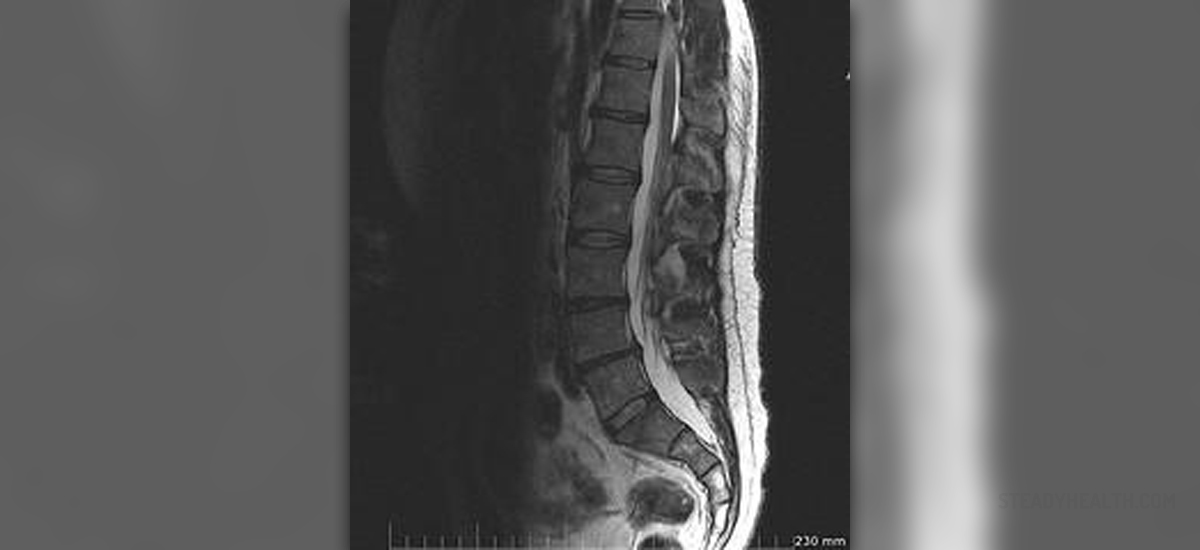
The sciatic nerve, the longest nerve in the human body, begins in the lower back and spreads through the entire leg innervating the entire skin of the lower extremities as well as the muscles at the back of the thigh and several more muscles of the leg and foot. Damage to the nerve in a majority of cases occurs due to slipped disc in the lumbar part of the spine and subsequent irritation or compression of the sciatic nerve. Herniation of the spinal disc is caused by injury to the spine or develops as a consequence of the process of aging and gradual wear of the spinal disc which eventually protrudes and starts irritating the sciatic nerve.
Clinical Characteristics of the Sciatic Nerve Damage
Irritation and compression of the sciatic nerve leads to specific symptoms and signs. Their intensity and other characteristics generally depend on the extent of protrusion and the part of the nerve irritated by the spinal disc.
Many patients complain about pain that radiates from the lumbar spine to the buttock or even down the leg (back of the thigh and calf). This kind of pain is a typical feature of the sciatica nerve irritation. Such pain is usually described as sharp or burning and in some cases it can be unbearable. The pain intensifies when a person coughs or sneezes and spends too much time sitting. Damage usually affects only one sciatica nerve so the symptoms and signs occur on one side only. Apart from the pain damage to the nerve is also responsible for numbness of the skin, muscle weakness, tingling or a pins-and-needles sensation in certain parts of the leg. In severe damage to the nerves the person may lose bladder or bowel control.
Treatment for the Sciatic Nerve Damage
Patients suffering from the sciatic nerve damage are treated conservatively and surgically. Non-surgical treatments include bed rest and physical therapy, heat or ice packs and pain killers. Patients may be also prescribed with muscle relaxants. Some patients may benefit from epidural steroid injections. Surgery is performed only if there is no response to conservative treatments and in case there is serious and progressive neurological deficit.
Recovery time for the sciatic nerve depends on the extent of the damage and severity of the condition. Many times patients recover within 2-4 weeks but if the symptoms and signs are more severe the recovery usually lasts much longer. Recovery after surgical treatment is longer than in case of non-surgical treatments.


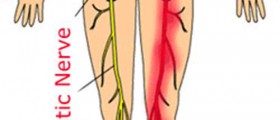


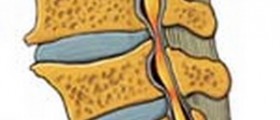
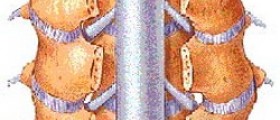
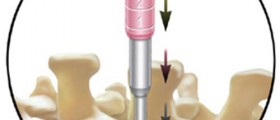




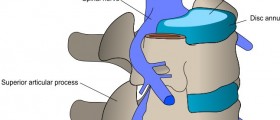



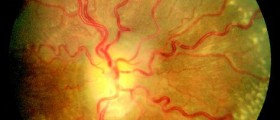
Your thoughts on this
Loading...